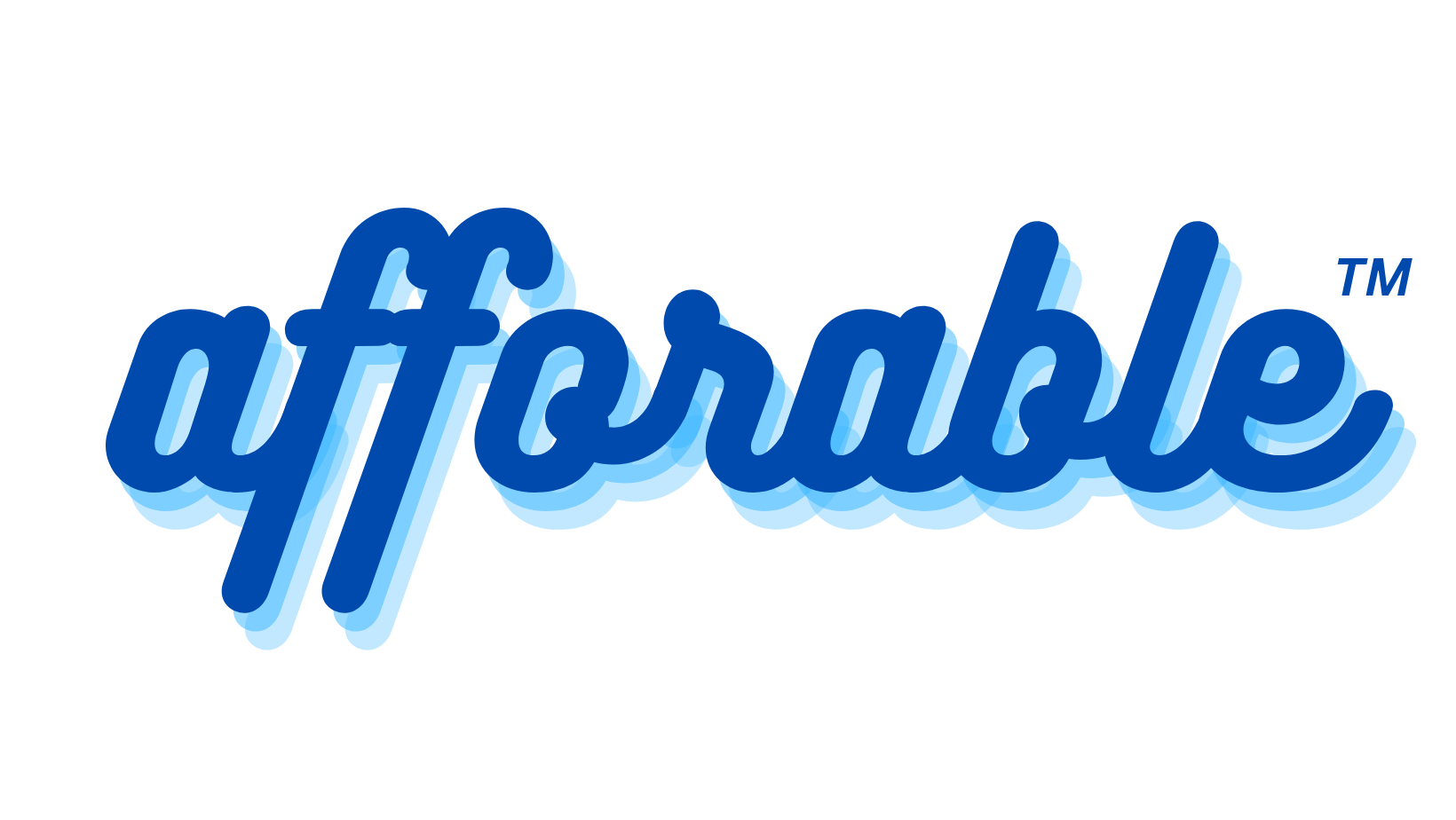In a world where financial challenges can lead to mounting credit card debt, many individuals seek solutions to alleviate their financial burdens. Credit card debt relief programs are one such option, but there’s often uncertainty about their legitimacy. In this article, we will explore the question of whether credit card debt relief programs are legitimate and provide insights into what individuals should consider when evaluating these programs.
Understanding Credit Card Debt Relief Programs
Credit card debt relief programs encompass various strategies aimed at helping individuals manage and reduce their credit card debt. These programs can take several forms, including debt consolidation, debt settlement, and credit counselling. To determine their legitimacy, it’s important to consider the following:
- Types of Programs:
- Debt Consolidation: Debt consolidation involves combining multiple high-interest credit card balances into a single, lower-interest loan or credit card. This simplifies payments and may reduce the overall interest paid.
- Debt Settlement: Debt settlement programs negotiate with creditors to lower the total amount owed. Individuals make monthly payments into a settlement account, and when sufficient funds accumulate, the program negotiates with creditors for a reduced payoff.
- Credit Counseling: Credit counseling agencies offer financial education and budgeting assistance. They can also help negotiate lower interest rates and more manageable payment terms with creditors.
- Regulatory Oversight: Legitimate credit card debt relief programs often operate under strict regulations and industry standards. For example, debt settlement companies are subject to the Federal Trade Commission’s (FTC) Telemarketing Sales Rule, which prohibits deceptive practices.
- Accreditation and Certification: Reputable credit counselling agencies and debt relief programs are typically accredited and certified. Look for affiliations with organizations like the National Foundation for Credit Counselling (NFCC) or the Financial Counselling Association of America (FCAA).
- Transparency and Fees: Legitimate programs are transparent about their fees and processes. Be cautious of programs that promise quick and significant debt reduction while charging high upfront fees.
- Realistic Outcomes: Legitimate debt relief programs provide realistic expectations. Debt consolidation can make repayment more manageable, debt settlement can reduce the total owed, and credit counselling can improve financial literacy, but none can magically erase debt.
Conclusion
Credit card debt relief programs can be legitimate and effective tools for managing and reducing credit card debt, but it’s crucial to exercise caution and perform due diligence. Research and choose programs that are accredited, transparent about their fees, and provide realistic expectations. If you encounter a program that makes unrealistic promises or engages in deceptive practices, it’s advisable to steer clear. Always seek professional financial advice and consider all available options when addressing credit card debt.

